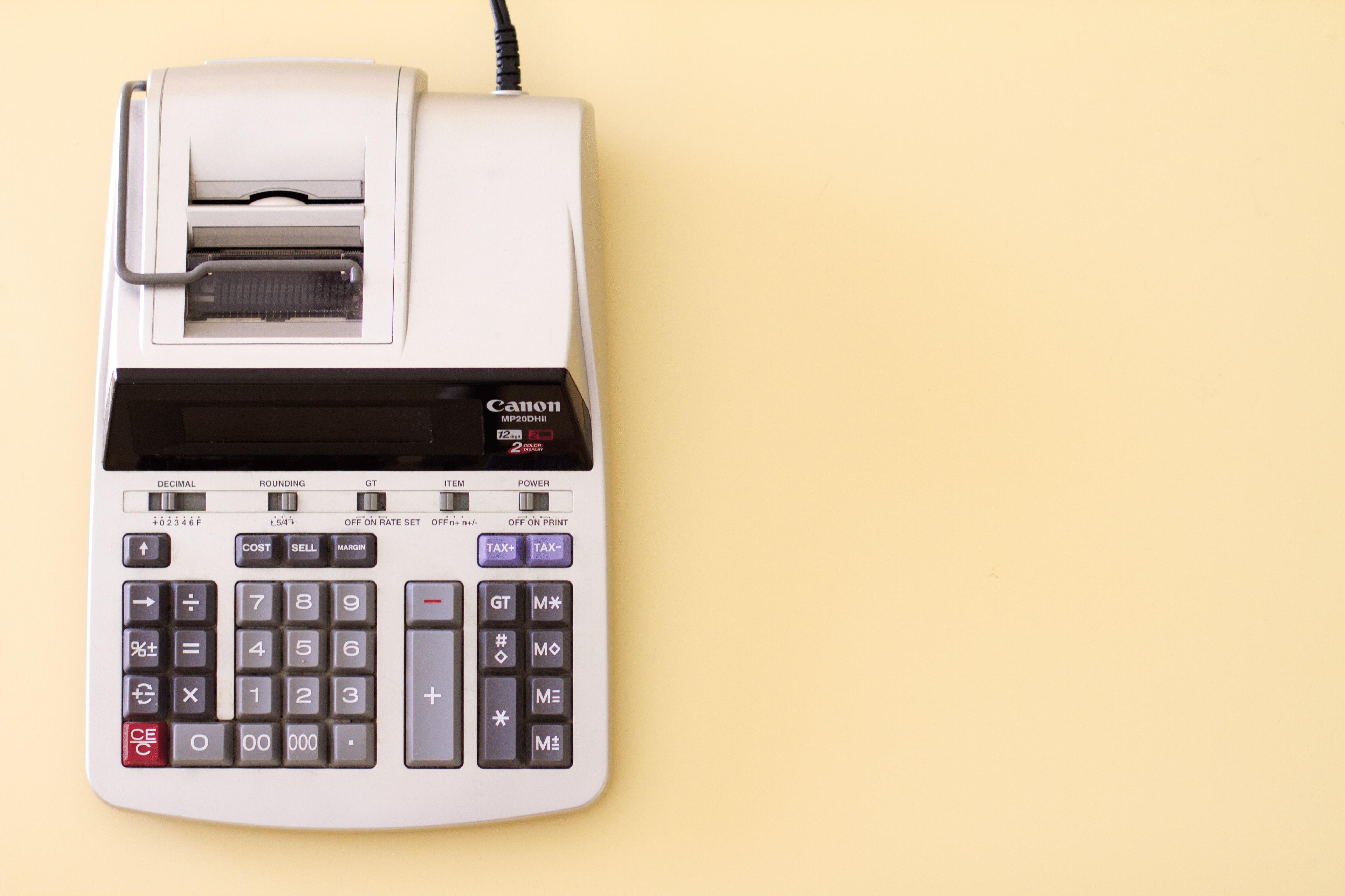Financial Wellbeing #2: Review Your Budget
- By
- Murray Humphrey
Over the next few weeks, we’ll be walking you through a few tricks and tips to help improve your financial wellbeing. We’ll look at evaluating what you have, reviewing your budget, tidying up your finances and planning for the future. Check back soon for more!

Step 2: Review your budget
Hello and welcome back to the Penfold four-step plan for conquering your finances. If you missed step one, make sure to check out our guide on taking stock of your finances first. Everybody back? Then let's continue.
Following on from our initial 'stock check', the next step in your financial spring clean is to look at your income and outgoings. It's no secret that in today's busy world, it's extremely easy to lose track of our financial situation. Frankly, it's frightening how much our outgoings can creep up if left unchecked.
Thankfully, there are some battle-hardened methods to stop this. First move: review your budget.
It’s always useful to have a breakdown of what your bills are, when they come out and, crucially, how long it's been since you last reviewed the cost. While very few of us enjoy taking that cold, hard look at our bank accounts, it's always better to have a clear picture than ignore things and hope for the best. No one wants to be a financial ostrich.
Let's walk through how to bolster your budget.
Bills, bills, bills
First up on our budget list is your bills. We all have them (unfortunately), but just because seeing electricity, water, insurance etc. coming out of our account isn't all that fun, doesn't mean we should ignore it. Take a look at your bills and see if they've increased over the past 12 months.
There are some bills you can’t change, but you might be able to see where you could save money by paying in one go if that’s feasible. For other bills, there are ways you can make sure you’re not paying over the odds.
Comparison sites now offer really good switching services for utilities, insurance, phone, broadband and TV deals. Some sites even offer to do a lot of the legwork for you and automatically review your options when deals come to an end. Make sure you're aware of the latest and greatest deals to cut your bills down to size.
Borrowing
Most of us hold a lot of negative ideas about debt, but the truth is debt and borrowing are a normal part of a healthy financial set-up. As long as it's manageable and you’re not paying over the odds, debt is a useful way of reaching your financial goals.
Ok, so how do we keep on top of borrowing? Take some time to review what credit card, store card or loan balances you might have. Even check over your mortgage deal, if you have one. See if there is any flexibility when it comes to moving debt – can you save any money on repayments or get a better interest rate? Can you work out a plan to pay off more to reduce how much you end up paying back?
Mortgage or student loan debt serves a purpose, is generally lower cost and is designed to be paid back over the long term. Credit cards and short term loans can be pricey, so it's worth prioritising those in your plan of attack for debt clearance.
Even if there isn’t much you can improve or change, just familiarising yourself, working out how much you have left to pay and understanding when that might be cleared will help keep your finances straight in your mind. Knowledge is power!

Cost of living
Travel, going out, food and drink... it's all felt like a distant memory for so long.. But that's about to change. We often forget to factor in the cost of living into our budget - it tends to be a lot more spontaneous by it's very nature. But just because something is fun, doesn't mean it can't be budgeted.
The current cost of living in the UK varies by where you live, what you need and what you like to do. As we await freedom from lockdown, take some time to think about what you need to budget for going forward. If it’s easier, think about storing this money in a spare bank account so you know what you have spare once all your bills and regular outgoings are covered.
Knowing you have a little pot set aside each month for the finer things goes a long way to cutting out any nasty surprises when you check your account later.
Be realistic
Our final piece of advice is: be honest with yourself. Understand where your money is going and how much you want to allocate each month. Make conscious decisions and ask: is this really achievable?
You need to make sure you don’t shortchange yourself. Ensure you budget for the fun stuff, as well as the mundane. Make sure your budget is a real reflection of your wants, as well as your needs.
Once you’ve carried out a thorough review of your regular bills and signed up for new deals and discounts you can compare what you’re now paying with your previous budget to see what you’ve saved. The difference is essentially ‘free money’.
Have you just unearthed a surplus you can help improve your budgeting ability later in life with? Could you use some or all of this to start saving – either for the short to medium term, or to add to something like your pension where you can get the additional benefit of a tax top up? Remember, even a little can go a long way.
To finish, don't forget that budgeting is an ongoing activity. While you may do it regularly, it’s worth keeping on top of and understanding how your overall budget is impacted if anything changes. Need help? Take a look at some of the best budgeting apps available or check social media for the latest tips and tricks!

Murray Humphrey
Penfold